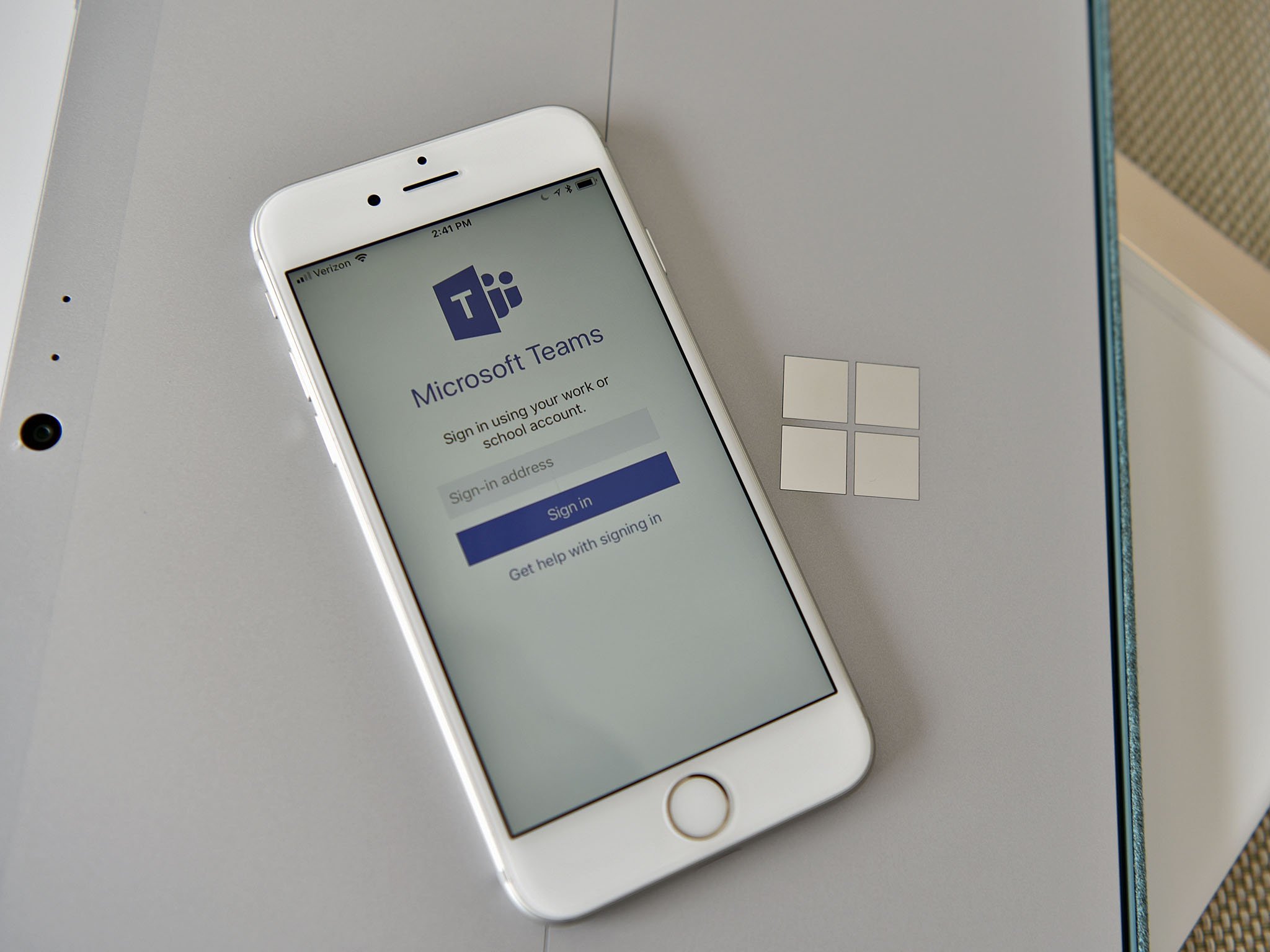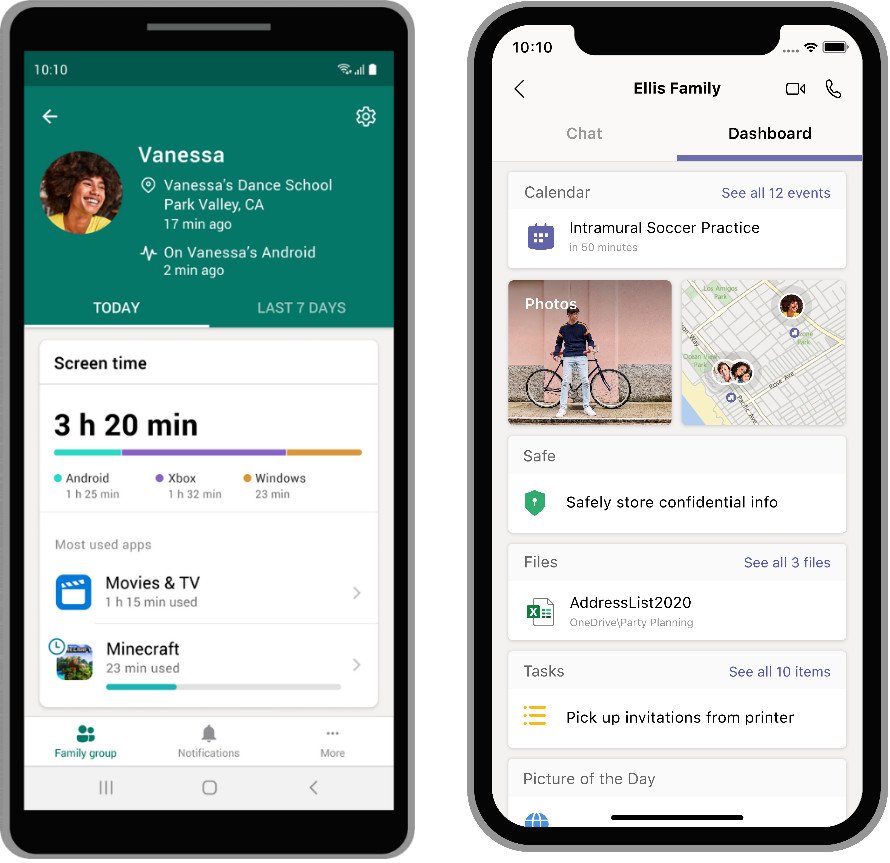Skype and Microsoft Teams for consumers will co-exist for the foreseeable future
Microsoft will keep the Skype app around even as Microsoft Teams grows in popularity for consumers.

All the latest news, reviews, and guides for Windows and Xbox diehards.
You are now subscribed
Your newsletter sign-up was successful
Microsoft's announcement of Teams for consumers due later this year has some people wondering about the future of Skype as a standalone app. As it is, the calling and video feature for Microsoft Teams is effectively Skype, making the two apps and services perhaps slightly redundant.
The good news is Microsoft has told us that the standalone apps for Skype will continue. The report makes sense, as those that do use Skype (including the recently announced 40 million daily active users) may not need all that Microsoft Teams functionality.
Microsoft Teams for consumers is the same Teams app those in enterprise and schools use today. The difference will be the ability to switch to a more consumer-friendly set of features within the app. Those who use Teams professionally can switch to a "family" version with a click. Those who never use Teams for business can use Teams for consumers through Microsoft 365 with all the new features.
Microsoft Teams, however, is a superset of features compared to Skype. Group chats, calendar, direct tie-ins to OneDrive, SharePoint, Office, and third-party services make Microsoft Teams ideal for companies or families who want an all-in-one communication repository.

Although Skype is being challenged recently by companies like Zoom, WhatsApp calling, and Google Hangouts, its popularity is still high. Skype is the de facto video calling app for TV and media, as anyone who has recently watched the news may have noticed.
Because of those reasons, it makes sense for the Skype standalone apps to continue to exist (even if recent betas suggest Microsoft is still not done tinkering with the app platform, unfortunately).
At least for now, Skype's increasing importance and legacy will keep it around for the foreseeable future. Microsoft Teams for consumers, however, may become a more common tool for groups, schools, families, and businesses going forward. At the least, it's safe to say that Microsoft sees Teams as the future and its recent surge only confirms that.
All the latest news, reviews, and guides for Windows and Xbox diehards.
For more information about the consumer Microsoft 365 program you can read our coverage here.

Daniel Rubino is the Editor-in-Chief of Windows Central. He is also the head reviewer, podcast co-host, and lead analyst. He has been covering Microsoft since 2007, when this site was called WMExperts (and later Windows Phone Central). His interests include Windows, laptops, next-gen computing, and wearable tech. He has reviewed laptops for over 10 years and is particularly fond of Qualcomm processors, new form factors, and thin-and-light PCs. Before all this tech stuff, he worked on a Ph.D. in linguistics studying brain and syntax, performed polysomnographs in NYC, and was a motion-picture operator for 17 years.
